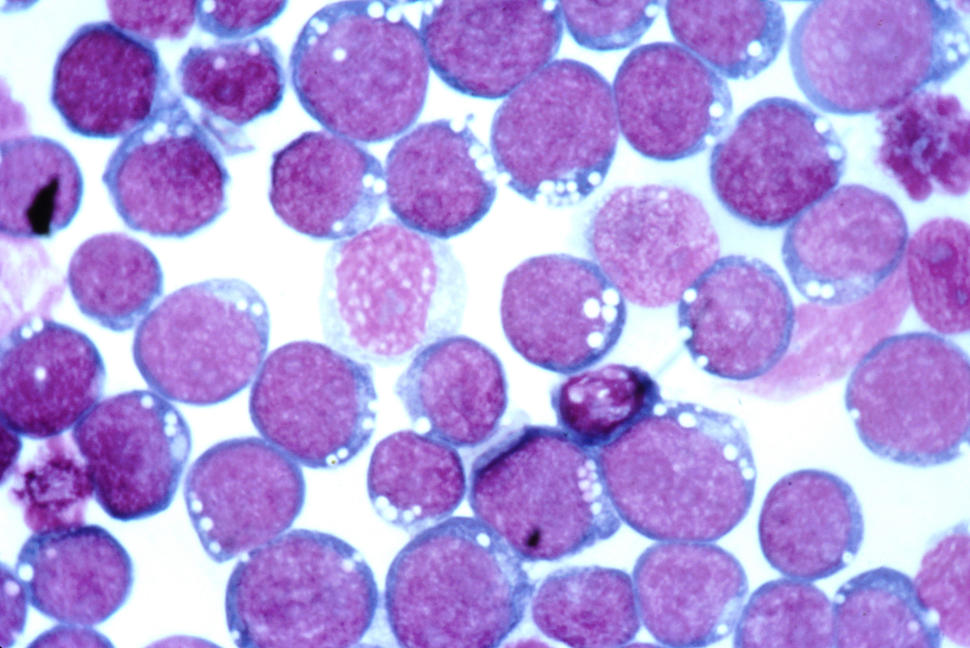Overview
The Epstein-Barr virus (EBV) Screening for the Early Detection of Nasopharyngeal Carcinoma (NPC) in China demonstration project includes a group of approximately 52,000 men and women ages 30-69 recruited into the active screening arm of a community-randomized trial to evaluate the impact of EBV-based antibody screening on NPC mortality rates. As part of this effort, NCI is collaborating on a substudy to evaluate the sensitivity and specificity of endoscopy versus MRI for the detection of NPC and the utility of nasopharynx viral load testing to triage EBV antibody-positive individuals.
Approximately 1,400 individuals who participated in the larger EBV screening program are included in this effort. Participants undergo endoscopy and MRI procedures. When lesions are observed by either method, biopsy specimens are collected for pathological evaluation. Blood and nasopharyngeal swab samples were also collected from participants.
Learn more about research on head and neck cancer in DCEG.
Learn more about DCEG research on infectious agents and cancer.
Read about DCEG investigators' public health advances in the study of infectious agents.
Study Team
Kelly Yu, Ph.D., M.P.H., Staff Scientist
Study Results & Select Publications
In a comparison of antibody-based and DNA-based approaches to screen for EBV in blood, both had high sensitivity and specificity in distinguishing NPC cases from noncases. The EBV antibody–approach had slightly inferior performance compared with the EBV DNA–based algorithm, with a slightly lower sensitivity, specificity, and positive predictive value.”
This analysis provides important confirmation of the performance of these assays and outlines the need to assess the cost-effectiveness of these two methods.
Lou P-J et al. Performance and Operational Feasibility of Epstein-Barr Virus–Based Screening for Detection of Nasopharyngeal Carcinoma: Direct Comparison of Two Alternative Approaches. J Clin Oncol. 2023.
